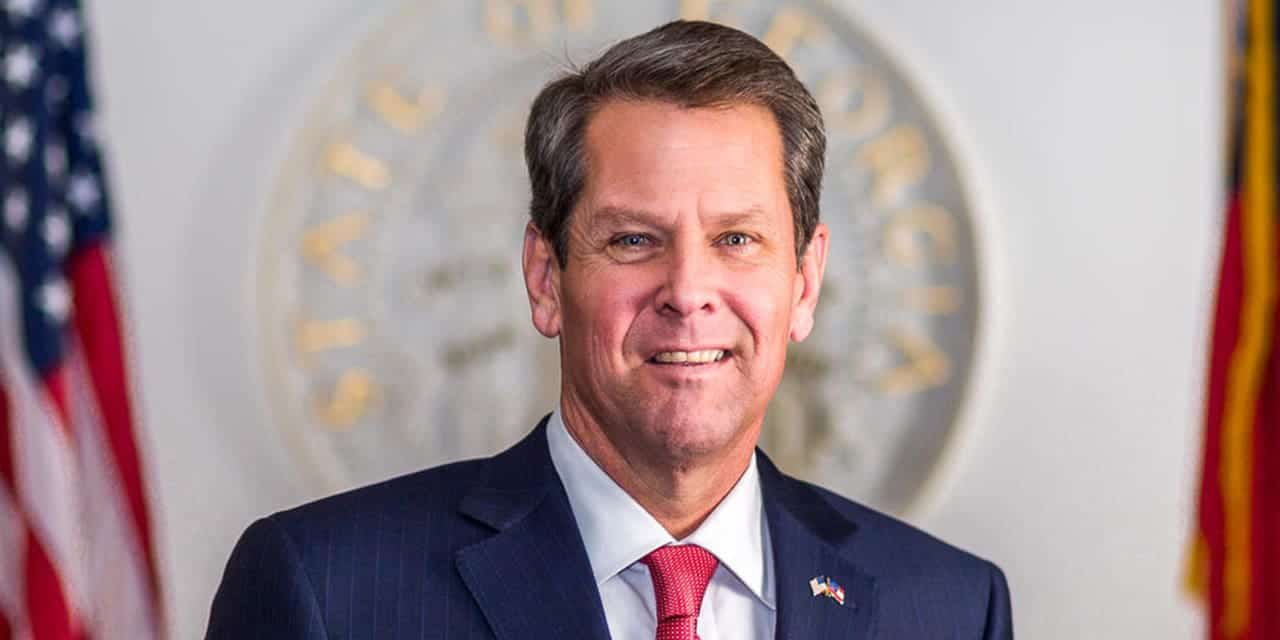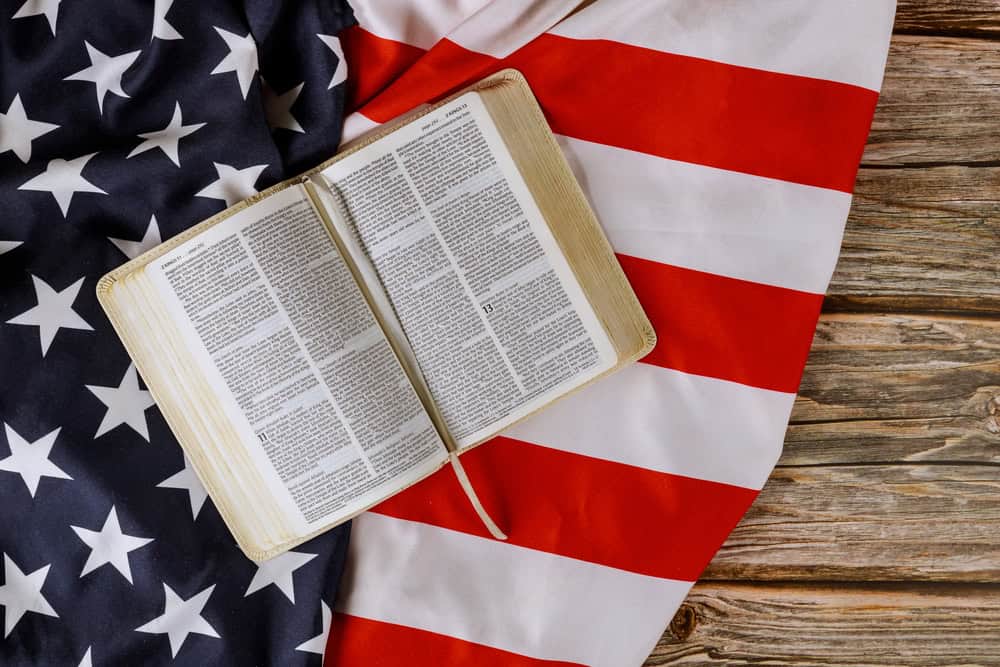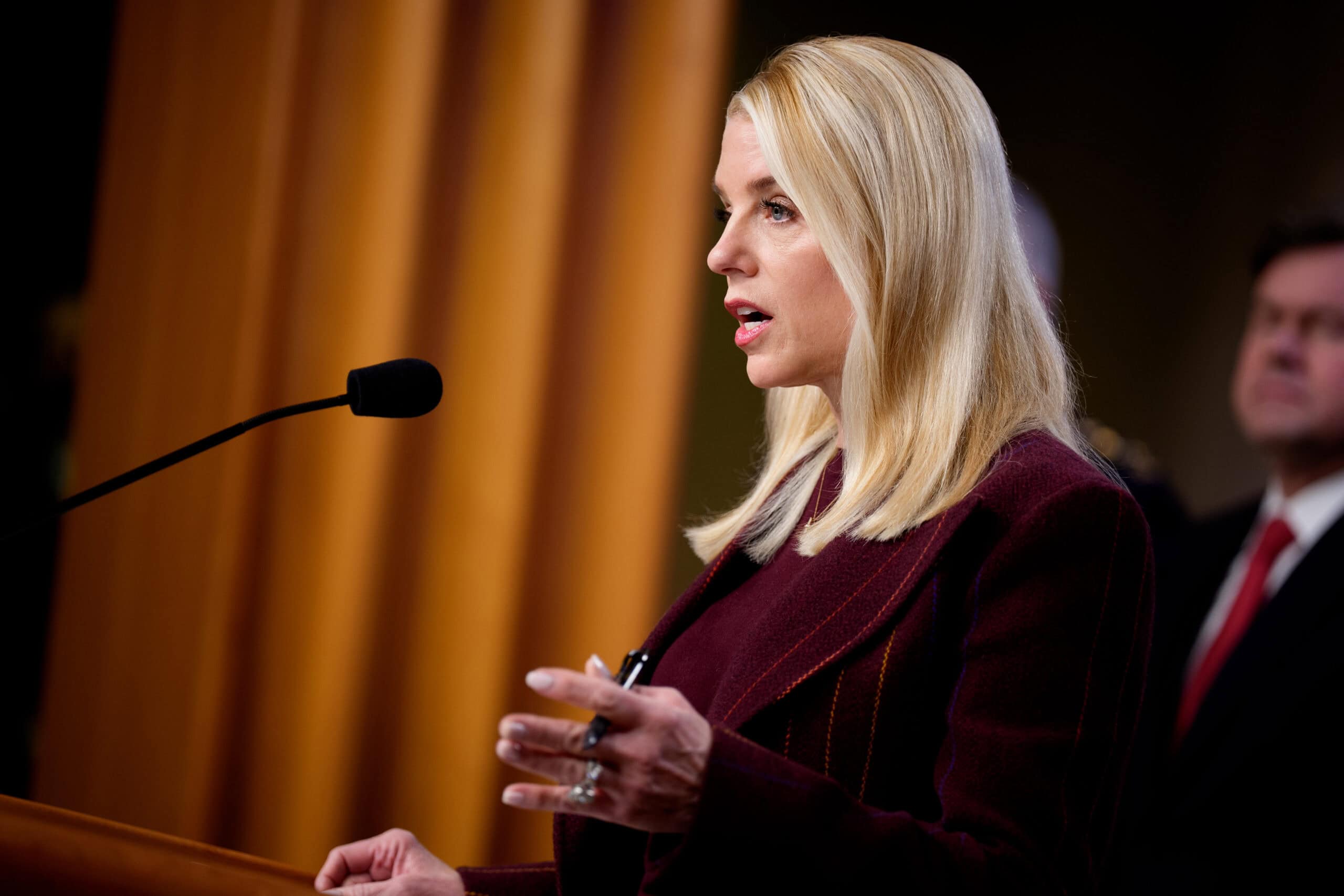Religious Freedom Law Introduced by Georgia’s Governor: ‘I Want Georgia to be Known as a Sanctuary State for People of Faith’

Reacting to the spate of church closure orders issued around the country from various governors during the COVID-19 pandemic, one governor has drawn a line in the sand and, in effect, said, “Not in my state.” Georgia Governor Brian Kemp (R) has introduced a bill in the state legislature entitled the “Faith Protection Act” to shield churches in his state from being ordered closed by him or any future governors acting under the state’s emergency powers statute.
The bill is fairly straightforward. In one short paragraph, the proposed language states:
“Chapter 3 of Title 38 of the Official Code of Georgia Annotated, relating to emergency management, is amended in Code Section 38-3-51, relating to emergency powers of Governor, termination of emergency, limitations in energy emergency, and immunity, by adding a new subsection to read as follows:
“No power granted under the provisions of this Code section shall be utilized to specifically limit the practice of any religion.”
Kemp issued a press release explaining the need for the legislation.
“During the COVID-19 pandemic, people of all faiths across America were told by state governments how, where, when, or even if they could worship at all. Not in Georgia. We chose to work alongside congregations across our state to ensure they practiced their faith safely and in accordance with public health guidance,” Kemp said.
“The Faith Protection Act will ensure the emergency powers of any governor of Georgia in the years to come are not used to limit the God-given right to worship. In Georgia, we never shuttered churches, synagogues, or other places of worship because we value faith, family, and freedom.”
Interviewed on SiriusXM’s Breitbart News Daily with host Alex Marlow, Kemp further explained, “I want Georgia to be known as a sanctuary state for people of faith.”
“That’s a fundamental right here in our country and in our state, and so this legislation will prevent me or any future governor from being able to shut down religious services,” Kemp added.
The pandemic created a public health emergency in most states, where necessity requires quick measures responsive to the emergency. Historically, and in recognition of that rare need for emergency authority, many state legislatures have granted the governor and/or public health officials the authority to issue temporary orders for the public good. That has resulted in lockdowns, stay-at-home orders, and mask mandates from governors and/or state public health officials.
Churches have not been permitted to meet in several states because of those emergency mandates.
But “temporary” has turned into month after month of such orders being extended, with the result that churches in states such as New York, California, Kentucky, Mississippi and elsewhere had to file lawsuits to fight against the unequal treatment they were receiving. In some states, which Kemp noted, liquor stores and marijuana outlets were deemed “essential services” and allowed to remain open, while churches were required to remain closed.
“It’s very frustrating for a lot of people in Georgia, including myself,” Kemp said.
Photo from georgia.gov
ABOUT THE AUTHOR

Bruce Hausknecht, J.D., is an attorney who serves as Focus on the Family’s judicial analyst. He is responsible for research and analysis of legal and judicial issues related to Christians and the institution of the family, including First Amendment freedom of religion and free speech issues, judicial activism, marriage, homosexuality and pro-life matters. He also tracks legislation and laws affecting these issues. Prior to joining Focus in 2004, Hausknecht practiced law for 17 years in construction litigation and as an associate general counsel for a large ministry in Virginia. He was also an associate pastor at a church in Colorado Springs for seven years, primarily in worship music ministry. Hausknecht has provided legal analysis and commentary for top media outlets including CNN, ABC News, NBC News, CBS Radio, The New York Times, the Chicago Tribune, The Washington Post, The Washington Times, the Associated Press, the Los Angeles Times, The Wall Street Journal, the Boston Globe and BBC radio. He’s also a regular contributor to The Daily Citizen. He earned a bachelor’s degree in history from the University of Illinois and his J.D. from Northwestern University School of Law. Hausknecht has been married since 1981 and has three adult children, as well as three adorable grandkids. In his free time, Hausknecht loves getting creative with his camera and capturing stunning photographs of his adopted state of Colorado.
Related Posts

Pastor Son’s Trial and the Crisis in South Korea
January 22, 2026

Is Religious Faith Gaining Influence in America?
December 26, 2025


